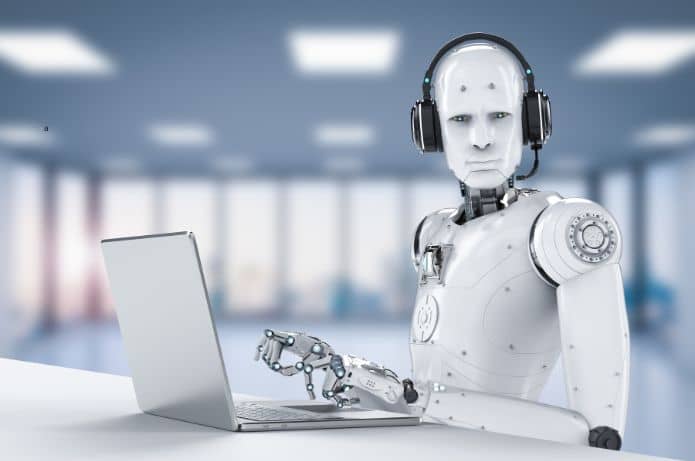Machine Learning (ML) has long been recognized as one of the most transformative technologies in the corporate environment. Machines' ability to learn and adapt based on new data has revolutionized business predictability. This allows companies to adjust their operations and strategies in real time, reducing risk. The impact of this advancement goes beyond simple automation; it is redefining how organizations interact with consumers, optimize processes, and identify new growth opportunities.
One of the main advantages of machine learning is its ability to analyze large volumes of data and accurately identify patterns. In today's highly competitive environment, where market trends change rapidly, maintaining up-to-date insights into consumer behavior, competitive dynamics, and global trends is essential. Companies that master the use of this data gain an edge over their competitors, as they can predict demand, identify operational bottlenecks, and respond quickly to market fluctuations. This was already the case before. From now on, it will be even more so.
The integration of Machine Learning with Artificial Intelligence (AI) provides numerous opportunities for personalization and continuous innovation. This is particularly important in critical areas such as demand forecasting and supply chain management, where small errors can result in significant financial losses. Algorithms are becoming more sophisticated, making machines more autonomous, efficient, and capable of making complex decisions with minimal human intervention.
The significant change that Machine Learning fosters in different sectors of the economy also directly impacts the financial performance of companies, which see a decrease in fraud risks and an increase in their ability to operate at scale. Those who think this advantage is exclusive to financial institutions are mistaken. With technological support, retailers, industries, and services are increasingly creating security and efficiency assets, leaving competitors unprepared many miles away.
One of the challenges to the widespread adoption of machine learning, however, is the need for investment in infrastructure and training. As expected, companies need well-structured data pipelines and qualified teams to program algorithms and interpret the results. Furthermore, it's crucial to ensure data quality and avoid biases that could compromise the accuracy of the models.
Despite the financial barrier, a Fortune Business Insights shows that the market is already gearing up for this technological upgrade. According to the study, global machine learning revenues, which in 2022 were around US$19.20 billion, are expected to reach US$225.91 billion by 2030, with an annual growth rate of nearly 36.2%. In other words, companies that don't upgrade will have a hard time remaining competitive.
Machine Learning is a decisive factor in the survival of many businesses. To be at the forefront of this transformation, organizations need to adopt a strategic approach, focused on collecting and processing real-time data and training specialized talent. Those that overcome these challenges will be better equipped to stay ahead of the market, automating complex decisions and driving innovation.


